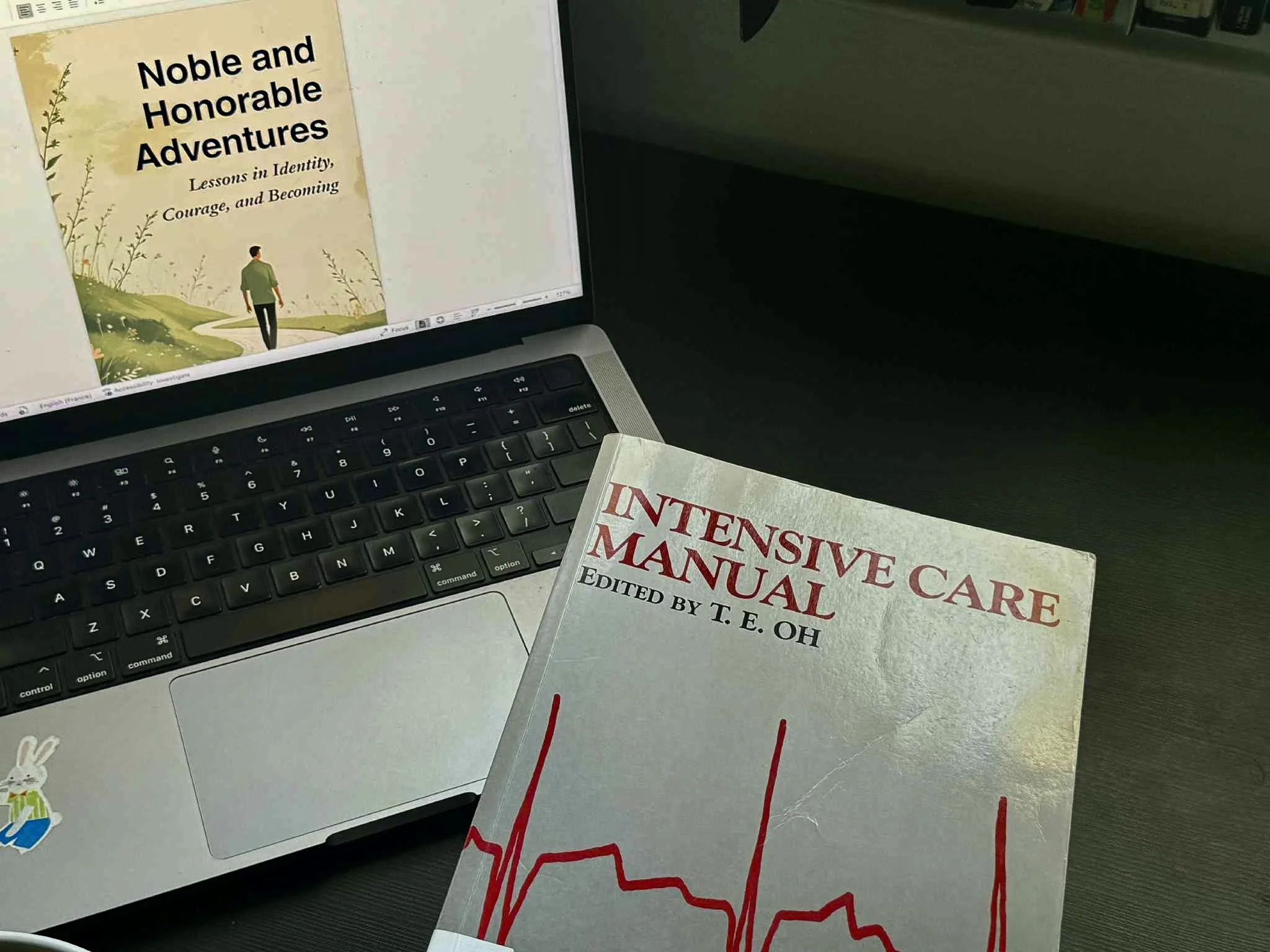Migration: Trusting the Strange Shape of the Journey
Some lessons in life arrive softly. Others crash like a wave. Migration teaches you both. One day it feels like freedom. The next, rejection. A door opens in one country while another closes somewhere else. For those who cross borders — whether for work, for love, or for survival — the path is rarely straight. But it is always ours.
One of the hardest lessons I have had to learn, and relearn, is to trust the strange, winding shape of my own path. Migration is like walking a forest trail without a map. You are not lost. You are discovering a route only you can walk.
I first learned this in my early nursing days. I had just finished a shift that had wrung me out from the inside. A patient had coded. Another would not stop screaming. I had not eaten, I had barely sat down, and I was still trying to prove I belonged in a world that seemed designed to keep people like me on the edge.
I walked home with my boots soaked and my spirit heavier still after a colleague dismissed me as “not ICU material.” The rain was thin but relentless, the kind that trickles past your collar and settles in your bones. My scrubs clung damp against my skin. Streetlights flickered in puddles. The city moved on, indifferent, while I slowed. Not just from exhaustion, but from a deeper sting: the kind that makes you question if you have mistaken your calling for a delusion.
I did not know it then, but that moment was not the end. It was a reroute. A disruption with its own compass.
The kind that reminds you that even the hardest roads can still lead to a noble and honorable adventure.
For a while, it broke me. I lost my confidence. Nursing was the life I had chosen, and even there I was not good enough. It was one thing to be told I could not start with law. But to be told I had no place in the industry I had slowly embraced — that cut deeper. It made me question not only my path, but my instincts, my grit, even my worth.
Migrants know this sting all too well. Visa denials. Years of waiting. The quiet feeling that no matter how hard you try, the system is not built for you. For all its talk of opportunity, migration can be ruthless. Behind the promises are hierarchies, egos, and gatekeepers who decide who deserves to stay. And for a time, I believed them.
But then, around the corner, in a bookstore lit like forgiveness, I stumbled upon a copy of T.E. Oh’s Intensive Care Manual. As if the universe, in its own quiet rebuttal, had already written me back in.
A spark. A signal. A quiet yes.
I carried that book through exams and endless shifts. It reminded me that I did belong. Years later, I gave it away to someone who needed it more. Because belief, once kindled, becomes even more powerful when shared. Migration works the same way. Those who endure the journey light the path for others still walking.
Doubt, that slick little shape-shifter, shows up in every chapter of migration. Sometimes it looks like impostor syndrome. Sometimes it dresses itself as logic in a bad outfit.
It does not shout. It whispers: Who do you think you are?
I have learned to whisper back: Becoming.
And that is the truth of migration. It is never only about reaching a destination. It is about reroutes, resilience, and the strange but sacred path that belongs only to you. Even detours can be noble. Even wanderers can be honorable.
Every migrant’s story carries both hardship and hope. And when the system tells you “no,” sometimes all you need is someone to remind you that your path is not finished. It is simply finding its next turn.

